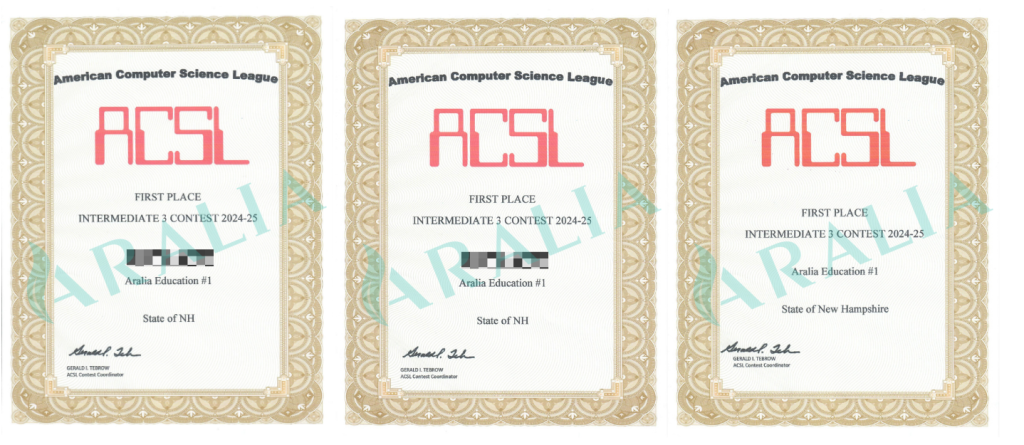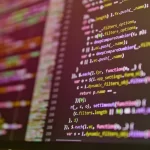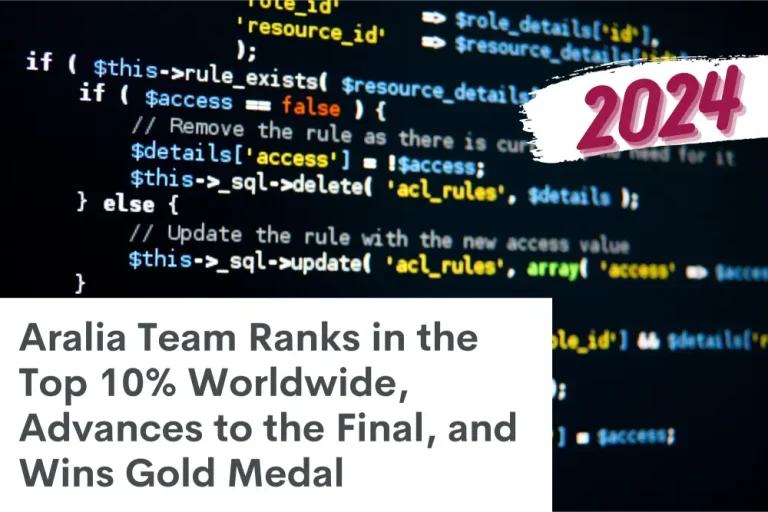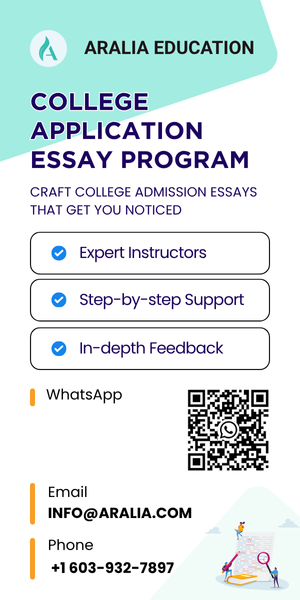Student Achievement
In the Intermediate 3 Division of the American Computer Science League 2024-2025, Aralia’s team not only secured the state team championship, but two students also earned the state individual champion titles. Advanced to the global finals, the team was successfully placed in the top 5% worldwide, standing out among thousands of competitors from 21 countries!

Screenshot of our students’ Champion certificate
Congratulations to our talented students:
🏆 2 Individual State Championships in New Hampshire
🏆 1 Team State Championship in New Hampshire
🏆 Team Ranks in Top 5% Worldwide
American Computer Science League (ACSL)
The American Computer Science League (also referred to as the American Computer Science Thinking Challenge) offers rigorous programming and theory-based competitions to students from grades 3 to 12. In the 2024–25 season, more than 6,000 students from 21 countries participated, making it one of the most global and competitive CS events for young learners.
Official Recognition & Sponsorship of ACSL:
- Accredited by the Computer Science Teachers Association (CSTA)
- Endorsed by the National Association of Secondary School Principals (NASSP)
Supported by major tech companies like Google and Adobe
Division Categories
There are 5 division categories: Senior, Intermediate, Junior, Classroom, and Elementary. Each division has similar competition questions but varies in detail and difficulty:
- Senior Division: Suitable for high school students with programming experience, especially those taking AP Computer Science.
- Intermediate Division: This division is suitable for high school students with little or no programming experience. Aralia students participated in this division.
- Junior Division: This division is suitable for middle school students learning programming or with coding experience. Students in 9th grade and above are not allowed to participate in it.
- Classroom Division: This division is open to students of all grades and is suitable for students taking AP Computer Science Principles and other computer science courses without major programming content.
Elementary Division: Open to students in grades 3-6.
Learn more or register at the ACSL Official Website
Season Structure
Each regular season consists of 4 contests, testing students on basic computer science concepts from number systems to Boolean algebra to digital electronics. In the higher divisions, each contest also includes a problem to be solved using Python, C++, or Java.
ACSL 2025–26 Season Schedule
Match | Start (Expected) | Deadline (Expected) |
Match 1 | Early Nov 2025 | Jan 2026 |
Match 2 | Early Jan 2026 | Mar 2026 |
Match 3 | Early Feb 2026 | Apr 2026 |
Match 4 | Early Mar 2026 | May 2026 |
Global Finals & Qualification
Top-scoring students from the regular season will be invited to compete in the online finals (expected May 2026).
Division | Minimum Score Required |
Junior / Intermediate / Senior | 28+ points |
Classroom Division | 24+ points |
Elementary Division | 14+ points |
Awards & Recognition
- Certificates are awarded to high-scoring students and teams in each state or country
- Prizes & certificates presented to category champions at the Grand Final
Advisors will receive certificates for distribution, and prizes are mailed directly to students
Preparing for ACSL-Intermediate-3 Division with Aralia
The Intermediate-3 division is perfect for students with beginner to intermediate coding backgrounds. This level emphasizes both theory and practical programming skills, covering:
- Number systems
- Boolean algebra
- Digital circuits
Hands-on coding (Python, Java, or C++)
💡 Meet Aralia’s Instructor
- Former Head of Computer Science at a top New York private high school
- Over 30 years of experience in CS and interdisciplinary instruction across the U.S. and U.K.
- Coached student teams to national success in the United States Informatics Olympiad Team, ACSL, and other elite competitions

ACSL Competition Prep
The program begins with two weeks of dedicated programming practice to provide participants with an opportunity to enhance their skills. Subsequently, each of the 12 ACSL topics is allocated a two-week period, allowing ample time for in-depth exploration and understanding. Prior to each contest, participants are presented with two programming problems that are intentionally unrelated to the current topics. These problems are designed to enhance the coder’s skills and foster comfort in tackling diverse challenges.





